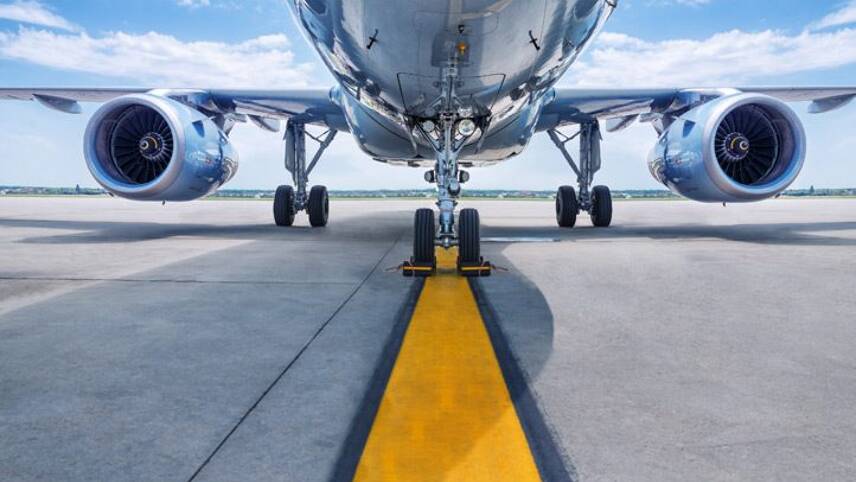Register for free and continue reading
Join our growing army of changemakers and get unlimited access to our premium content

In 2022, the Government published its Jet Zero Strategy, committing the international aviation and the domestic aviation sectors to achieve net-zero emissions by 2050 and 2040 respectively, and for all airports in England to be zero-emission by the same year.
In December of last year, the EAC published a series of recommendations for the Government to help align the UK’s aviation sector with its national and legally binding net-zero targets, calling on the Government to consider adding demand management to its strategy if predicted emissions reductions do not materialise within two years.
Today (3 April), the Government has published its response to EAC’s recommendations, confirming that its current model deduces that fuel efficiencies will improve by 2% annually, in line with evidence from the aviation sector.
However, the Government has stated that it will monitor these assumptions and consider if further action, such as measures designed to reduce demand for flights, is needed in the future to meet its net-zero targets.
Additionally, the Government has announced that it will legislate to include international aviation emissions in the Sixth Carbon Budget as suggested by the Committee in its original report.
Nevertheless, while the Government commits to doing so “at the earliest opportunity, subject to Parliamentary scheduling”, it does not commit to a specific date.
The Committee also argued the case for the first review of the Jet Zero Strategy to be brought forward from 2027 to 2025 to determine whether the sector is on track; however, as of now, the Government remains committed to conducting the review in 2027.
Environmental Audit Committee member Jerome Mayhew MP said: “Decarbonising the aviation industry has proved difficult; but it is a critical part of the UK’s pathway to net-zero.
“There is considerable energy and ambition within the aviation sector to deliver the necessary reductions in emissions. I welcome this ambition, but the Government needs to make sure that ambition is translated into actual results.
“If a future review of the Jet Zero Strategy – which the Committee recommended takes place by 2025 – reveals that sufficient progress is not being made, the Government must not be afraid to alter course mid-flight to maintain progress towards our net-zero goals.”
Moreover, the Government believes that its multi-million-pound research programme launched last year, targeting SME aerospace research projects, will help improve its understanding of the aviation sector’s non-CO2 emissions, while providing insight into the climate impact of hydrogen-powered aircrafts.
The Committee has called on the Government to roll out electric and/or hydrogen aircraft on a number of routes on a pilot basis in the 2030s, with a view to a full rollout for all UK flights if successful.


Please login or Register to leave a comment.